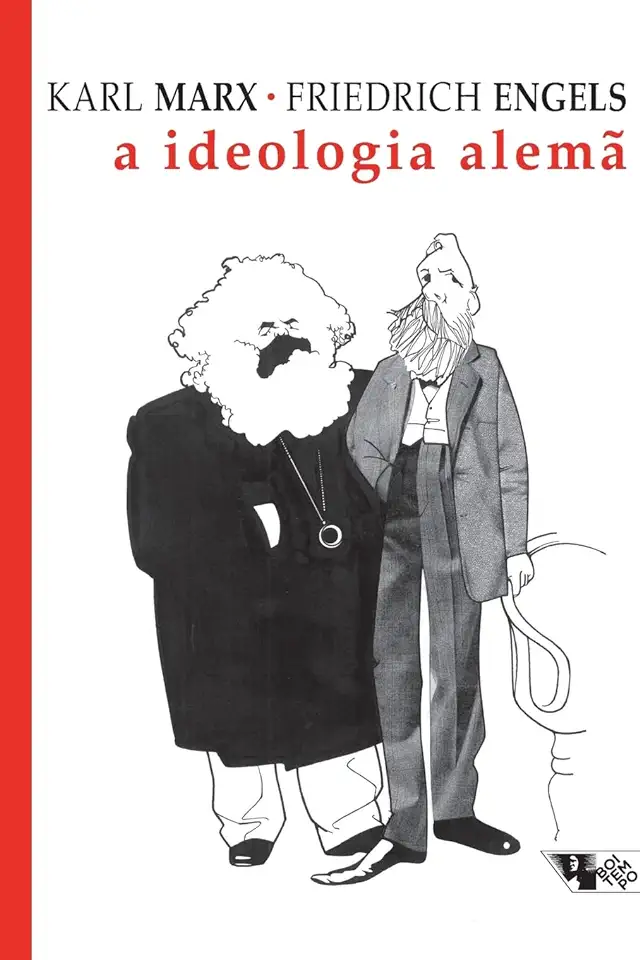
The German Ideology - Marx and Engels
The German Ideology: A Critique of German Philosophy, Politics, and Socialism
In their seminal work, "The German Ideology," Karl Marx and Friedrich Engels present a comprehensive critique of German philosophy, politics, and socialism. Written in 1845-46, this profound and influential text lays the foundation for their revolutionary ideas and provides a framework for understanding the social and political dynamics of their time.
A Critique of German Philosophy
Marx and Engels begin by critiquing the philosophical ideas prevalent in Germany during the mid-19th century. They argue that German philosophy, particularly the idealism of Hegel and the materialism of Feuerbach, is detached from the material world and fails to address the real conditions of human existence. They contend that philosophy should not merely interpret the world but should actively transform it.
The Materialist Conception of History
At the heart of Marx and Engels' critique lies their materialist conception of history. They argue that the economic structure of society, not abstract ideas or spiritual forces, determines the course of human history. They assert that the material conditions of life, such as the means of production and class relations, shape the political, social, and cultural institutions of society.
The Role of Class Struggle
Marx and Engels emphasize the role of class struggle in shaping society. They argue that the conflict between different classes, particularly the bourgeoisie (the capitalist class) and the proletariat (the working class), is the driving force of historical change. They contend that the exploitation of the working class by the capitalist class leads to the inevitable downfall of capitalism and the eventual establishment of a communist society.
A Critique of German Politics
Marx and Engels also critique the political landscape of Germany in the mid-19th century. They argue that the German state, dominated by the Prussian monarchy and the aristocracy, is an instrument of class oppression. They criticize the liberal and democratic movements of their time for failing to address the fundamental issues of class inequality and exploitation.
A Critique of German Socialism
Finally, Marx and Engels critique the various socialist movements in Germany. They argue that these movements, while recognizing the need for social change, fail to grasp the true nature of capitalism and the necessity of class struggle. They contend that only a revolutionary socialist movement, based on the principles of scientific socialism, can bring about the emancipation of the working class and the establishment of a communist society.
Conclusion
"The German Ideology" is a profound and insightful work that offers a scathing critique of German philosophy, politics, and socialism. Marx and Engels' analysis of the materialist conception of history, class struggle, and the nature of the capitalist state remains relevant and thought-provoking to this day. This seminal text is a must-read for anyone interested in understanding the origins of Marxism, the dynamics of social and political change, and the struggle for a more just and equitable society.
Enjoyed the summary? Discover all the details and take your reading to the next level — [click here to view the book on Amazon!]